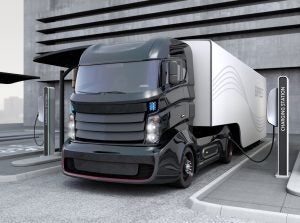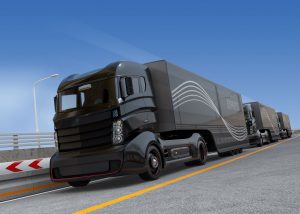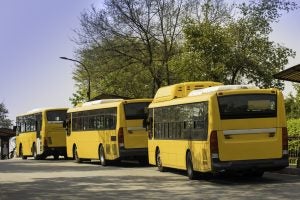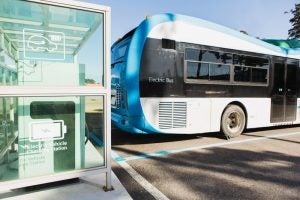 On the heels of COP26, Governor Hochul has made it clear that New Yorkers must work together to tackle climate change in the state. And New York is taking steps to prioritize climate and clean air. Back in September, the Department of Environmental Conservation introduced the Advanced Clean Trucks rule, which requires manufacturers to produce and sell a percentage of new electric trucks annually through 2035. Since the process began, there has been a 60-day public comment period, during which Environmental Defense Fund provided testimony at a public hearing and submitted joint comments with key stakeholders.
On the heels of COP26, Governor Hochul has made it clear that New Yorkers must work together to tackle climate change in the state. And New York is taking steps to prioritize climate and clean air. Back in September, the Department of Environmental Conservation introduced the Advanced Clean Trucks rule, which requires manufacturers to produce and sell a percentage of new electric trucks annually through 2035. Since the process began, there has been a 60-day public comment period, during which Environmental Defense Fund provided testimony at a public hearing and submitted joint comments with key stakeholders.
The ACT is a critical first step toward eliminating tailpipe emissions from new trucks and making the air cleaner and more breathable in neighborhoods across the state. But it is not — nor should it be — the sole means to mobilize the market for zero-emission medium- and heavy-duty vehicles and reduce pollution. A variety of complementary policies must be put in place to allow for a cost-effective, equitable and sustainable transition to clean vehicles.
New York needs zero-emission trucks
Transportation is a leading source of air pollution in New York, accounting for 36% of all greenhouse gas emissions across the state. And while trucks only make up 5% of the state’s 10.6 million registered vehicles, the emissions produced from this sector are disproportionate to the population. Read More




